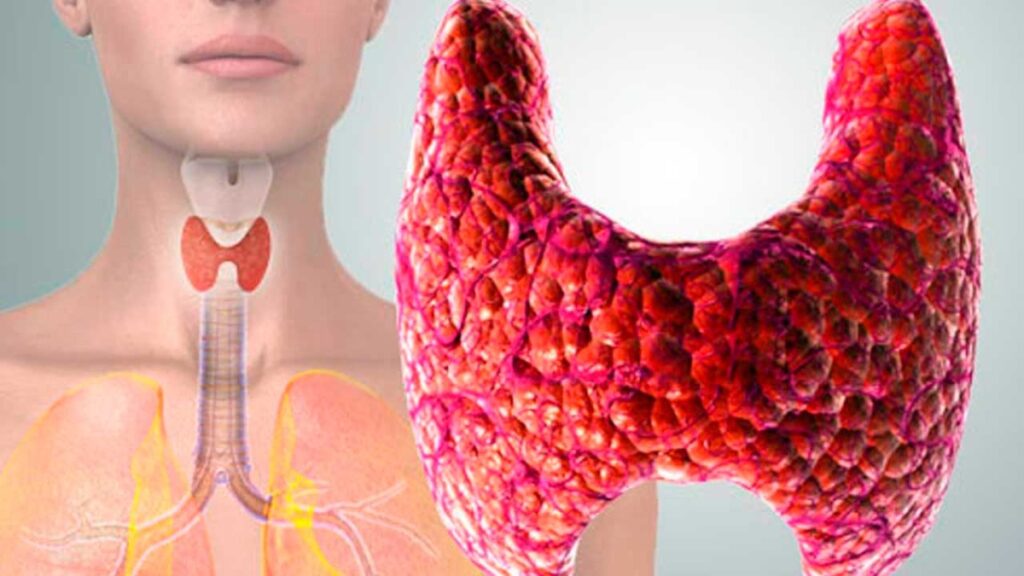- September 5, 2024
- Posted by: Henry Wixdek
- Category: general

Many Australians face unexpected increases on the scales when trying to maintain a healthy weight despite seemingly doing everything ‘right’. This can be both confusing and frustrating. At Australian Pharmacy, we understand that weight management is complex and influenced by various factors. Here, we explore ten surprising reasons why you might be gaining weight, offering insight from a medical perspective to help you make informed decisions about your health.
Medication Side Effects
Many common medications, including antidepressants, beta-blockers, and specific diabetes treatments, can contribute to weight gain. According to the Australian Institute of Health and Welfare, around 47% of Australians are prescribed medication that could potentially lead to increased weight.
Common Misconception
If a medicine is prescribed, it won’t have side effects like weight gain.
Fact
Many prescription drugs, including some antidepressants, corticosteroids, and high blood pressure medications, can contribute to weight gain. This can occur through changes in metabolism, increased appetite, or fluid retention. For example, certain beta-blockers for heart conditions might slow your metabolism, while some types of corticosteroids can cause fluid retention.
Advice
If you suspect your medication is affecting your weight, discussing this with your GP or pharmacist is important. Do not adjust or discontinue your prescribed medication without professional advice.
Metabolic Slowdown
Common Misconception
Gaining weight is always a sign of overeating.
Fact
Metabolic rates vary from person to person and can slow down naturally with age, often leading to weight gain even if your diet hasn’t changed. Muscle mass decreases, and hormonal changes play significant roles in this slowdown.
Advice
Regular strength training can help maintain muscle mass and thus support metabolism. Consulting with a healthcare professional for tailored advice is also beneficial.

Poor Sleep Patterns
Research from the Sleep Health Foundation shows that nearly 39.8% of Australian adults experience some form of inadequate sleep. Lack of sleep doesn’t just leave you tired; it can also interfere with your metabolism and hormone levels, leading to weight gain.
Common Misconception
Sleep affects only energy levels, not weight.
Fact:
Lack of sleep can disrupt hormonal balances, affecting hormones that regulate hunger and appetite, such as ghrelin and leptin. This imbalance can increase your appetite, leading to overeating and weight gain.
Advice:
Aim for 7-9 hours of quality sleep per night. Consider habits that promote good sleep hygiene, such as limiting screen time before bed and keeping a consistent sleep schedule.
Chronic Stress
Mental health challenges and stress are significant contributors to weight fluctuations. Data from Beyond Blue indicates that two-thirds of Australians report stress directly impacting their physical health. Stress can increase the hormone cortisol, which may cause your body to store fat more readily, particularly around the midsection.
Common Misconception
Stress only affects mental health.
Fact
Chronic stress triggers the release of the hormone cortisol, which can increase appetite and promote fat storage, especially around the midsection. This mechanism was helpful in prehistoric times when food was scarce, but it contributes to weight gain in today’s abundant environment.
Advice
Incorporate stress-reducing activities such as yoga, meditation, or even regular walks in nature into your routine. Speaking to a mental health professional can be very helpful if stress is overwhelming.
Hidden Calories in “Healthy” Foods
Common Misconception
All healthy foods aid in weight loss.
Fact
It’s easy to consume more calories than intended with foods labelled as healthy. For example, smoothies and salads can be calorie-dense, mainly when they include high-calorie dressings, nuts, or sugary additions.
Advice
Read labels carefully and be mindful of portion sizes. It’s often more practical to prepare meals at home, where you can control the ingredients and the portion sizes.
Thyroid Dysfunction
Common Misconception
Thyroid issues are easy to spot and diagnose.
Fact
Thyroid problems, particularly hypothyroidism, can slow down your metabolism without apparent symptoms, leading to unexplained weight gain. This condition means your thyroid gland isn’t producing enough hormones to regulate metabolism.
Advice
If you’re experiencing unexplained weight gain, fatigue, or cold intolerance, check your thyroid function with your doctor.

Gut Health Imbalances
Common Misconception
Gut health only affects digestion.
Fact
The balance of bacteria in your gut can significantly impact your weight. An imbalance in gut flora can lead to poor nutrient absorption, inflammation, and increased calories absorbed from food, contributing to weight gain.
Advice
Eating a diet rich in fibrous foods, probiotics, and prebiotics can help maintain a healthy gut. Avoiding excessive antibiotics and processed foods is also beneficial.
Polycystic Ovary Syndrome (PCOS)
Conditions such as hypothyroidism, polycystic ovary syndrome (PCOS), and insulin resistance can significantly affect your weight. The Thyroid Foundation reports that hypothyroidism affects approximately 10% of Australians, with a higher prevalence among women. These conditions can slow your metabolism, making losing weight even with a healthy diet and exercise difficult.
Common Misconception
PCOS is solely a reproductive disorder.
Fact
PCOS is a hormonal disorder affecting many women, which, besides impacting fertility, can lead to insulin resistance. This condition can cause weight gain, particularly around the waist, making losing weight challenging.
Advice
Managing PCOS and associated weight issues often requires a multifaceted approach, including diet changes, exercise, and sometimes medication.
Insulin Resistance
Common Misconception
Insulin resistance is a concern only for diabetic individuals.
Fact
Insulin resistance can develop in anyone and is often a precursor to type 2 diabetes. It impairs the body’s ability to use insulin effectively, leading to higher insulin levels that can promote fat storage and weight gain.
Advice
A diet low in refined carbs and sugars and high in fibre can help improve insulin sensitivity. Regular physical activity also plays a crucial role in managing insulin levels.
Excessive Alcohol Consumption
Common Misconception
Alcohol calories don’t count the same as food calories.
Fact
Alcohol not only provides extra calories but can also lead to making poor dietary choices and decreasing your metabolic rate. Regular high consumption can contribute to weight gain, especially “beer belly” or weight around the midsection.
Advice
Moderating alcohol intake can significantly reduce caloric intake and help manage weight. Opt for lighter alternatives and limit the amount consumed on each occasion.
Conclusion
Weight management is influenced by various factors, some of which might be surprising. At Australian Pharmacy, we’re committed to providing the information and support you need to understand and manage your health effectively. For personalised advice, consider consulting with healthcare professionals who can offer guidance based on your individual health needs. Remember, every journey is unique—be informed and choose what’s best for your health.
